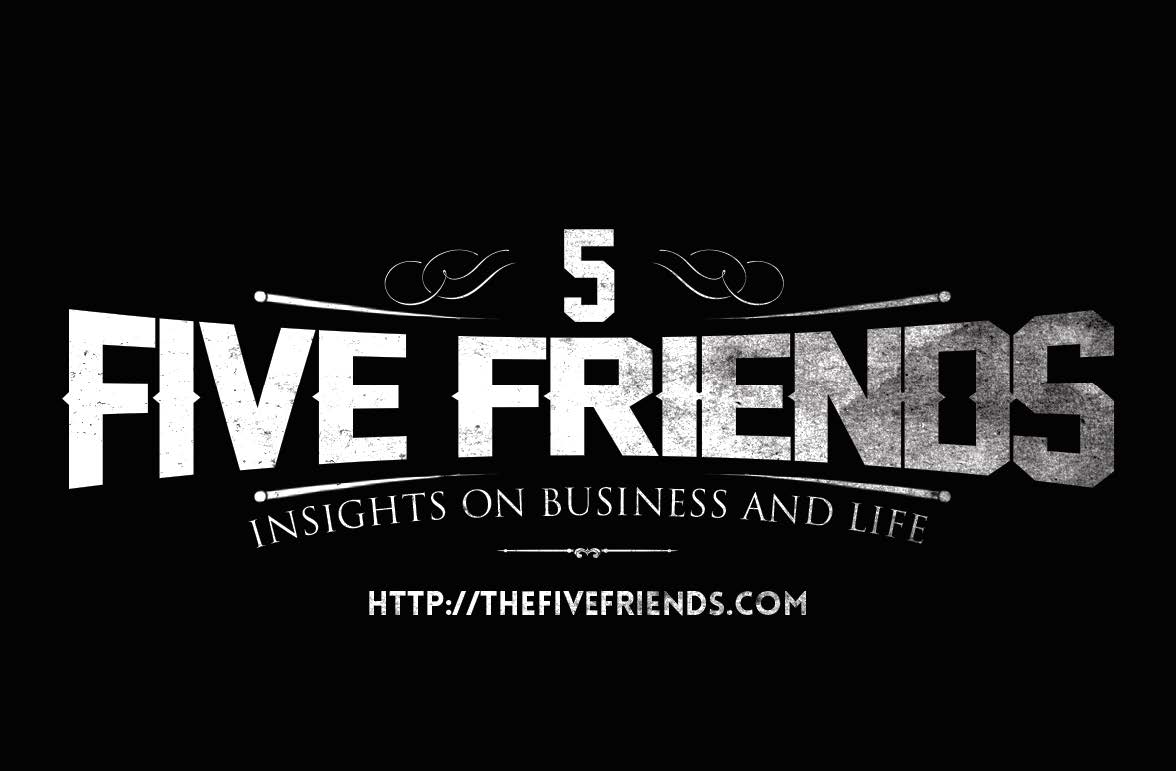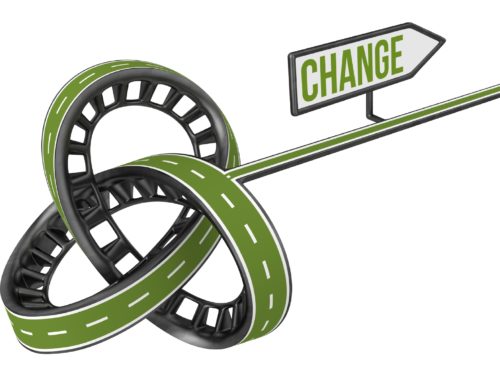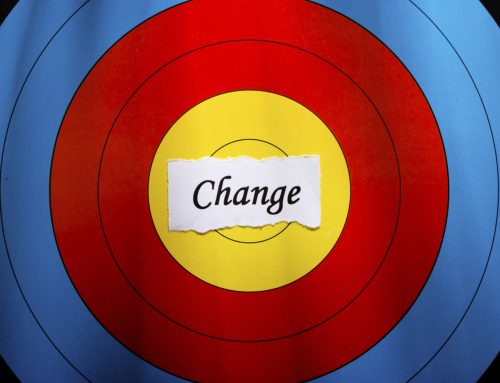From Larry Winget:
- If you have lousy employees, it’s because you are a lousy employer. Your employees will be no better than you ar Fix yourself first. Your employees only reflect back to you who you really are as an employer and company.
- Your job is to make your company the best place for a customer to do business That means you must hire the best people, give them the best training, be the best example for them to emulate and drive the concept of “value” home with every person who works there.
- Stand up for what is Don’t even think about whether it is the easiest thing, the cheapest thing or the fastest thing. The right thing is sometimes the hardest, the most expensive and the slowest thing you can do. Do the right thing regardless.
- Your employees can’t read your Don’t expect them to know what you want until you tell them and teach them.
- Hire Fire fast. Most employers have this one backwards.
- If you put up with it, you are endorsing Do you endorse rudeness, lousy service, being late, stealing, being lazy or disrespectful? No? Then why do you put up with it?
Larry Winget, the Pitbull of Personal Development©, is a six-time NYT/ WSJ bestselling author, social commentator and appears regularly on many national television news shows. To find out more, go to www.LarryWinget.com.
From Joe Calloway:
- Unhappy employees deliver bad service and do poor quality Any employer who says “I don’t care if my employees are happy” is an idiot that understands neither people nor business.
- Your employees watch every move you That’s how they know what the “rules” are. What you do and how you behave towards people carries more weight and influence than any pronouncements that you make or emails that you send.
- If your front line employees are doing things that damage your brand or business (think Comcast bills that call customers “ass***e” or “b*tch”), that’s your responsibility. That’s a failure of leadership, pure and
- If you have employees that routinely violate the stated values, e. “We treat others with respect,” then your values are a lie as long as those employees continue to work there.
- Your decisions as leader of the organization are worthless unless you get buy-in from your
- If you think that you will get the best from people only “because I pay them,” then you should move to a place where that makes more sense; like the 19th Century.
Joe Calloway helps great companies get even better. www.JoeCalloway.com
From Randy Pennington:
- A great culture with a mediocre strategy outperforms a great strategy with a mediocre
- Your business will only grow as fast and as large as the quality of your employees and their commitment to
- The right employees, when hired, developed, and retained, are an investment not an
- When you treat people as responsible adults, you earn the right to expect them to act that way.
- You can mandate Commitment is volunteered.
- No one ever received too much legitimate recognition for their excellent effort and
- Your good employees will love you if you get rid of the Bozos who suck the life out of your
- If you don’t care about being the best, don’t expect your employees to either.
- How you act when times are tough is the real test of how much you believe in your
- The managers in the middle who have a vested interest in maintaining the status quo are probably your biggest obstacle to
And the bonus: Past success proves you were right once. If you can’t change, you will die.
Randy Pennington helps leaders deliver positive results in a world of accelerating change. To find out more, go to: www.PenningtonGroup.com.
From Mark Sanborn:
Employers need to remember that you rent behavior but you earn loyalty.
An employment agreement done right is about identifying what behaviors are required and what compensation will be made for those behaviors. That means it is critically important to be clear on the results you want and the behaviors needed to attain them.
In an imperfect world there are often obstacles that block even the best behaviors from getting results. They include things like bureaucracy, flawed processes and bad management. Leadership is about removing obstacles and creating favorable conditions for employees to succeed.
You can’t, however, buy or rent loyalty. Loyalty is earned by how leaders treat employees. It is not just what a manager does for an employee, but how he or she does it.
If an employee doesn’t feel he is treated fairly, two things usually happen. First, he is less loyal and likely looking for better opportunities elsewhere. Second, lacking the loyalty he feels deserves, the employee will ask for more compensation to make up for it. He isn’t asking for more money to become loyal; he is asking for more money to reimburse him because the employer isn’t loyal.
No surprise here, but the best way to get loyalty is to give it. It is something money can’t rent or buy.
Mark Sanborn is president of Sanborn & Associates, Inc., an idea studio for leadership development. He is an award-winning speaker bestselling author of books including, The Fred Factor. For more information and free resources, visit www.marksanborn.com.
From Scott McKain:
Employers must remember their reason for existing: “The purpose of any business is to profitably create experiences so compelling to the customer that loyalty becomes assured.”
You must figure out how to engineer an experience for prospects that is so valuable they become customers – and so compelling for customers that they keep coming back for more…while referring you to their friends and colleagues.
This goal isn’t achieved without an engaged workforce, inspired by a dynamic culture. Employers need to view their employees as nothing more or less than the “internal customers” of the organization.
You’re probably aware that the focus of my work centers upon how an organization, leader, or individual creates distinction in their respective marketplaces. What I frequently find is that companies focus internally — and individuals focus on themselves.
Instead, a critical difference is that the distinctive organization or professional has an outward-facing approach that attracts customers through engaging and insightful connections.
Your product doesn’t make those connections – your people do. So, ask yourself the critical question: Why would a talented professional choose to work for us, RATHER THAN THE COMPETITION?
Hint: It’s not compensation. It’s about the compelling experience you create for your internal customers.
Scott McKain teaches how organizations and individual professionals can create distinction in their marketplace, and deliver the “Ultimate Customer Experience ®.” For more information, visit www.ScottMcKain.com.





